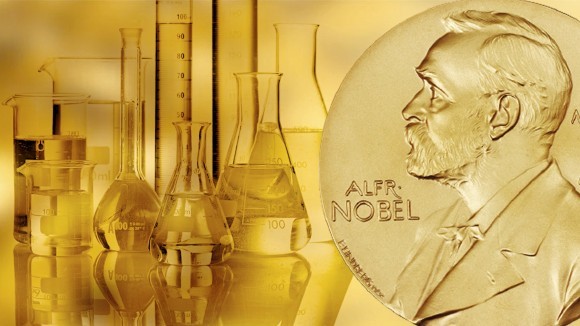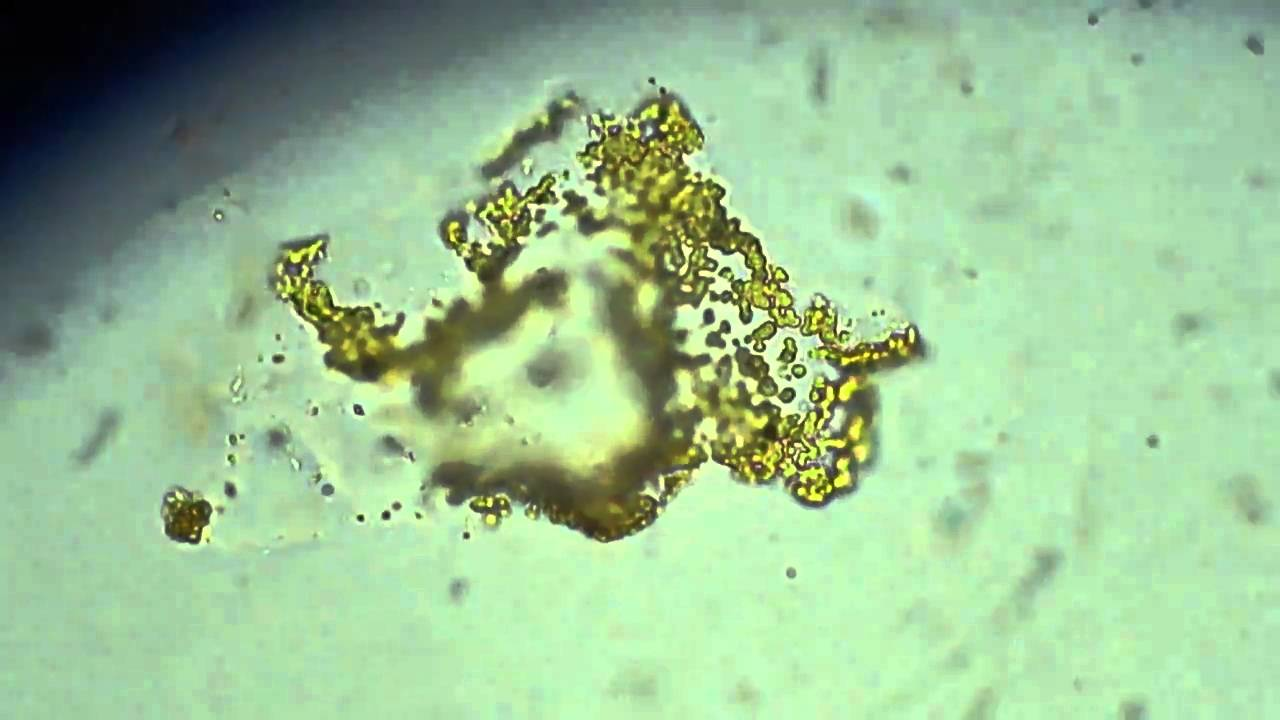
Chemistry Nobel awarded for technique to produce mirror molecules
The 2021 Nobel prize in chemistry has been awarded to Benjamin List and David MacMillan for developing an entirely new kind of catalyst for making chemical reactions take place, and allowing chemists to choose the “handedness” of their molecules.
Up until 2000, they only knew about two kinds of catalysts for making chemical reactions take place. One kind is enzymes, which are large molecules made of hundreds or thousands of amino acids strung together. The other kind is metal catalysts, such as the platinum in catalytic converters. Often the metal is embedded within a molecule.
List, succeeded in using a single amino acid called proline instead of using an entire enzyme to catalyse one reaction.
MacMillan succeeded in using simple organic molecules as catalyst – molecules that contain Carbon – that don’t contain any metal atoms.
The work of List and MacMillan showed for the first time that small organic molecules can act as catalysts. Crucially, these small organic catalysts can generate molecules with a specific “handedness“. Many molecules come in left or right-handed mirror images that can have different properties. For this reason, the field is known as asymmetric organo-catalysis.
You can use small organic molecules to do the same job as big enzymes and metal catalysts, in reactions that are precise, cheap, fast and environmentally friendly. The discoveries initiated a totally new way of thinking about how to put together organic molecules.
The real revolution of the discoveries is only surfacing now with these extremely reactive organic catalysts that can do stuff you cannot do with enzymes or even with the most sophisticated metal complexes.
 English
English Arabic
Arabic


